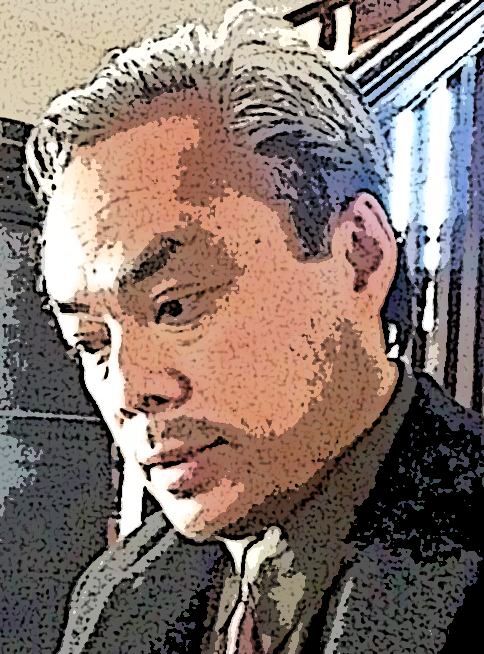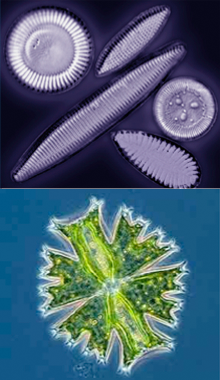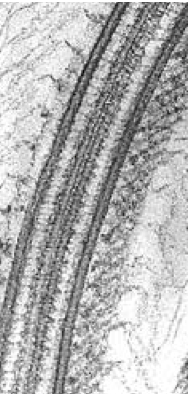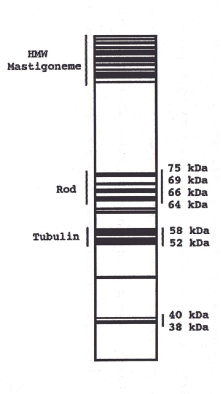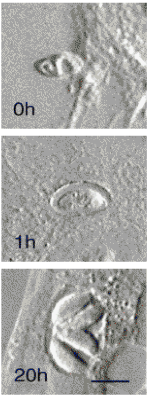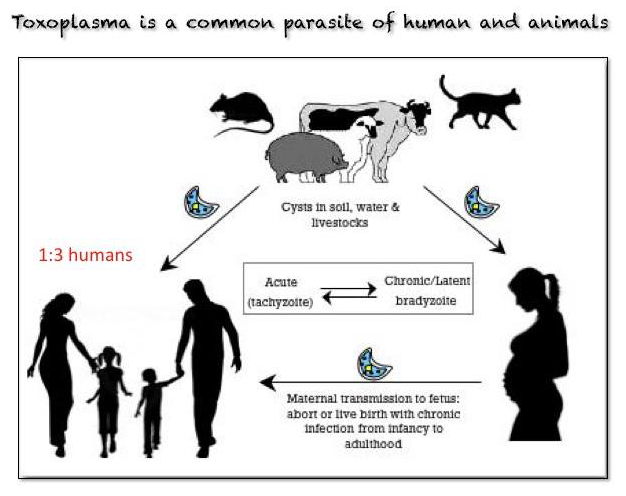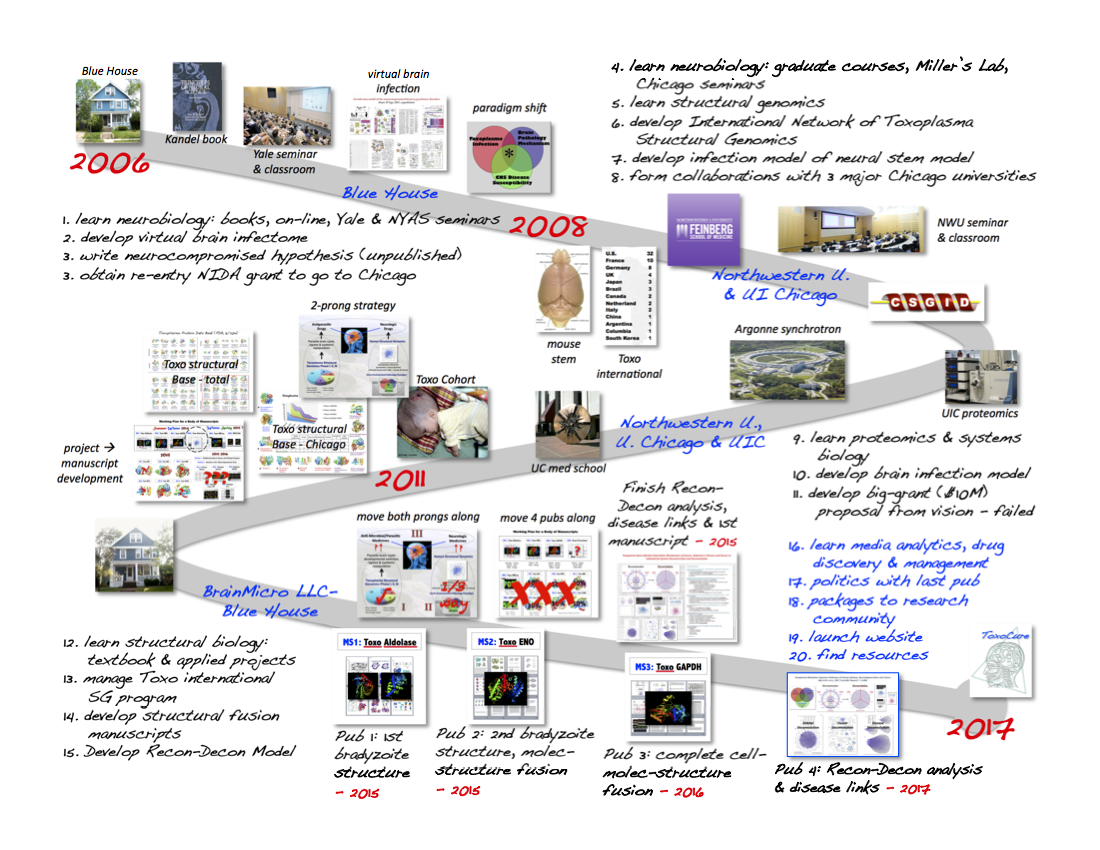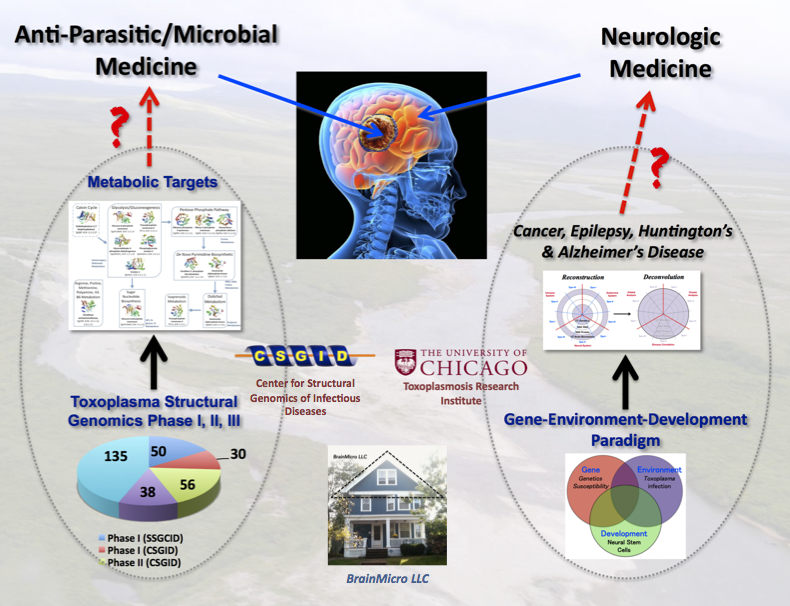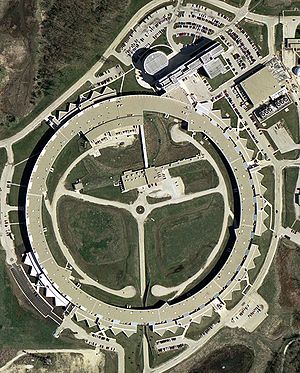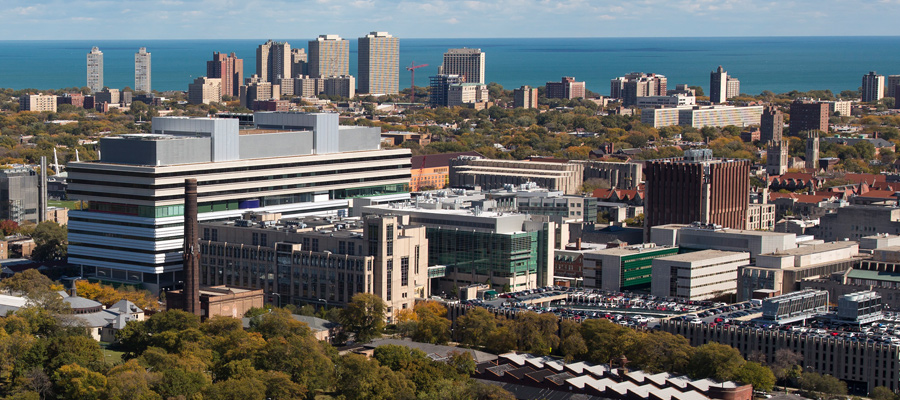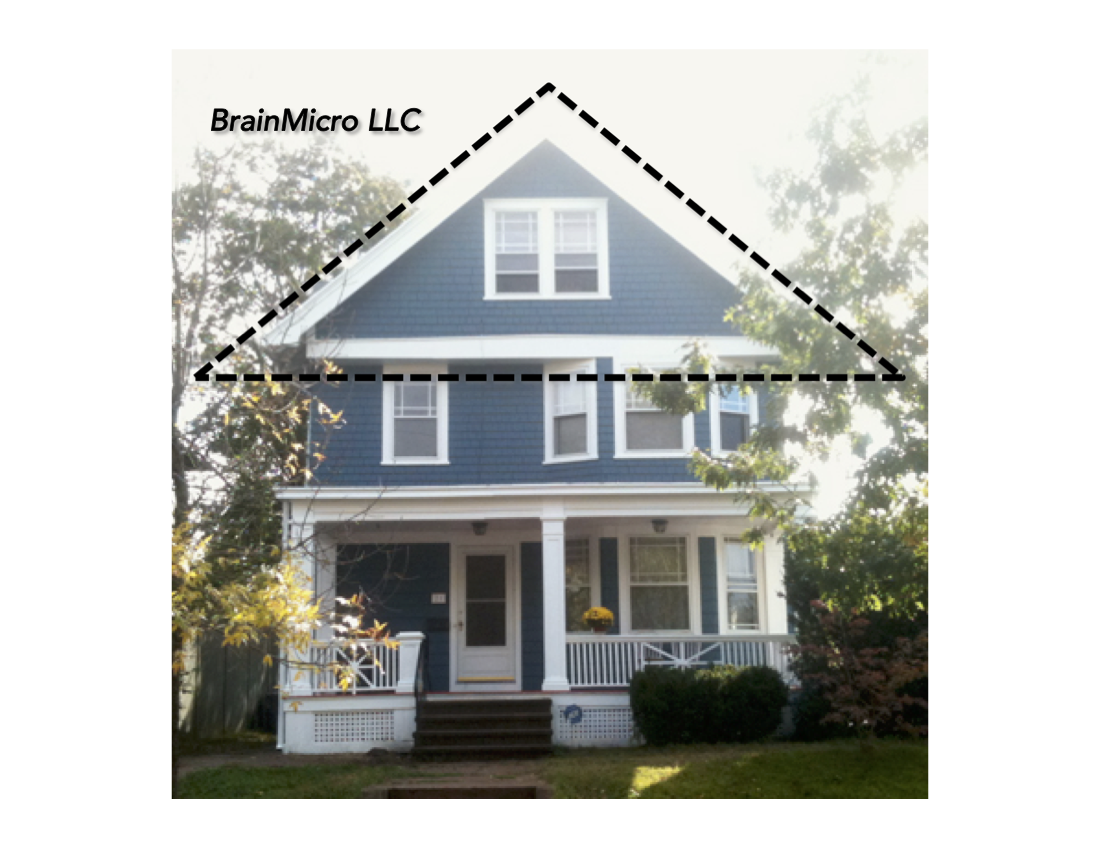About Huân
Huân lives our American Dream. In a country of opportunities, he makes his idealism come true.
Born a war refugee
Huân is an immigrant born in the Viêt Nam War. His family was on the last U.S. airlift out of Tân Son Nhât Airport from the fall of Saigon in 1975 to begin their lives as political refugees. He then became a homeless teenager in Minneapolis, but finished his early education from high school and community college.
He learned young the American work ethic from a variety of jobs: delivering newspaper, picking vegetables on a farm, building trails in a park, dishwashing-cooking-waitering at diners, and janitor of a manufacturing factory.
Dr. Ngô has since gained a diverse education and experience in biology and biomedicine.
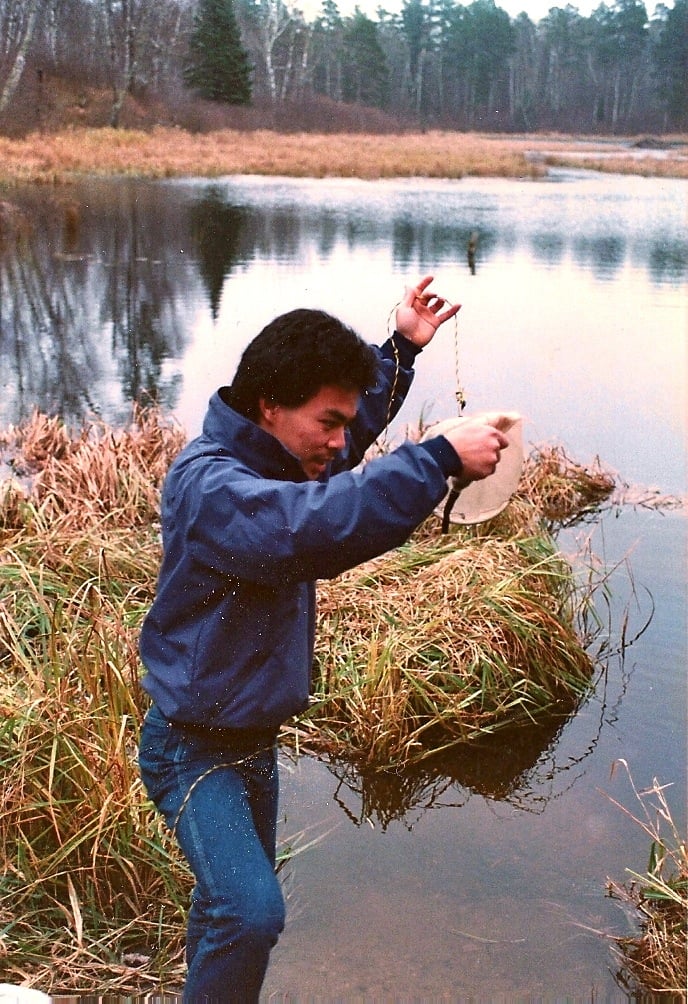
College days as a budding biologist
Huân earned his degrees in microbiology and human physiology from the University of Minnesota. The summers spent to explore the rich algae of Itasca State Park resulted in three publications. He supported his education with several jobs. As an assistant for a psychiatric ward Huân helped mental health patients. Another gig was to monitor airborne fungi harmful to vulnerable people in hospital. Coordinating a creative biology program at the university was his first exposure to innovated teaching. He worked post-graduation to pay off his loan as a technologist in a clinical lab where they run immunological analysis to match donor and recipient for bone marrow transplant.
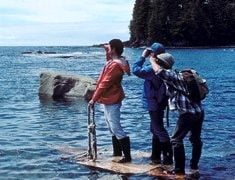
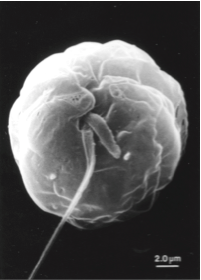
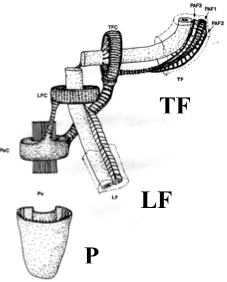
Master degree in aquatic botany
Curious about microscopic critters, Huân pursued a master degree in Botany from Tennessee. He explored the cellular anatomy of a dinoflagellate isolated from Itasca State Park by electron microscopic techniques. The young biologist grew his algal knowledge into the ocean with coursework at Friday Harbor Laboratories in Puget Sound. To support his studies, he taught and competed for research funds.

Doctorate degree in cell and molecular biology
Intrigued by the unique flagella in protozoa and armed with three degrees, Huân pursued a doctorate degree at the University of Illinois at Chicago. He unraveled the biochemistry and genes of a novel protein family. Dr. Ngô’s insight of single-cell critters is holistic—from their natural habitat to cellular architecture and to proteins and genes.
Huân improved teaching techniques to promote self-empowerment. He created a replica of the program from Minnesota and tailored it to diverse city campus of Chicago. He saw firsthand that most of our urban population has less preparation and access to the STEMM job pipeline (STEMM: science, technology, engineering, mathematic, and medicine).
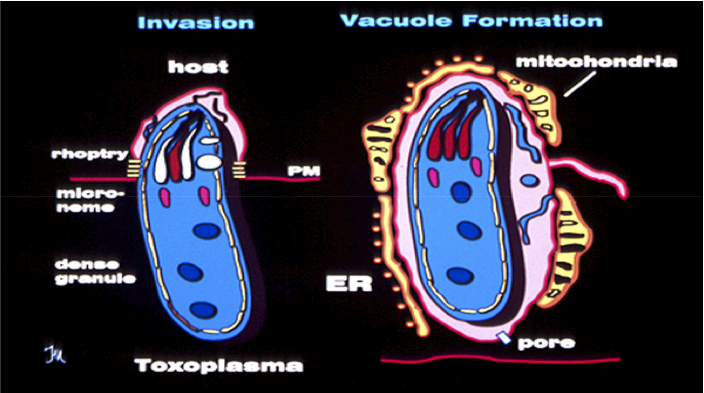
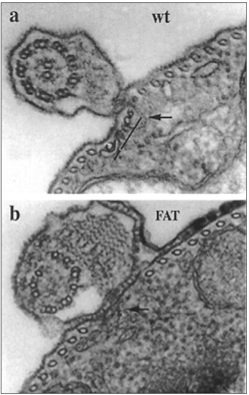
Post-doctoral study in brain parasitology
The next level to his holistic view of protozoa is to grasp their adaptation as human parasites. Dr. Ngô pursued a post-doctoral training to study the brain parasite Toxoplasma at Yale (Medical and Public Health schools). He dissected the molecular machinery controlling parasite secretion of proteins to invade and hijack human cells.
He cofounded the Yale Biotechnology Special Interest Group to innovate the cross-disciplinary and project-based training for Yale biomedical, business and law students.
Almost a Nobel Laureate
Serendipity led to the discovery of RNA interference in African trypanosomes from an incidental collaboration with a neighbor lab at Yale. Independent report of RNA interference in worms published in the same year as ours received the 2006 Nobel Prize in Medicine. The differences were only in months of publication and different experimental organisms. There is no award for second place.
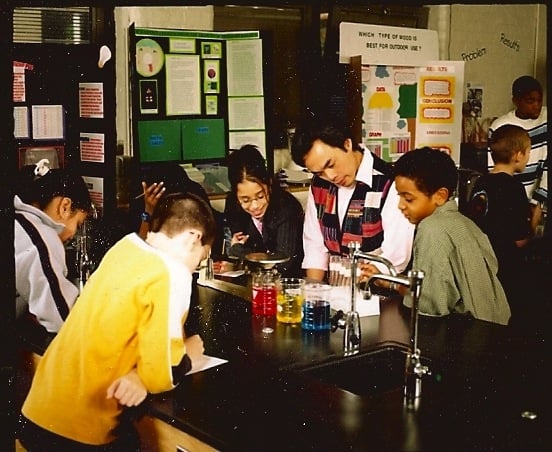
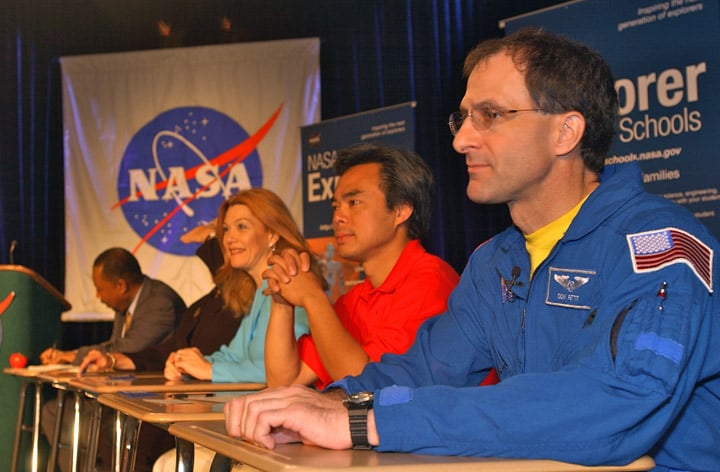
Return to mainstream society as a teacher
Disenchanted with the general lack of commitment to solve the brain parasite problem, Dr. Ngô declined job offers in academia.
Huân turned his attention to the fixed deficiencies in urban science education. He took a 5-year hiatus from research to teach and built a model middle school STEMM program in New Haven. As a full-time teacher, Dr. Ngô also formed and directed a team of teachers, parents and administrators. We built a NASA Explorer School Program by forming partnerships with NASA, Yale University and industry (UTC Hamilton-Sundstrand).
During this period, he grew the range of teaching experience to part-time instruction at high school, community college and a satellite campus of the University of Connecticut.
In a nutshell, Dr. Ngô worked for a holistic understanding of the STEMM education pipeline from middle to professional schools and paid back the country that opened her door to a political refugee (see Teacher).
Return to biomedical research to tackle global brain parasitism
Doctor Ngô always lectured his middle school students to fulfill one’s potentials. Do not compromise or run away from tackling big and difficult challenges for the benefits of society. He realized one day he was a hypocrite for 'talking the talk', but not ‘walking the walk’.
He returned in 2006 to research and took on a global problem. One-third of the human population is infected with Toxoplasma brain parasitism. This infection is a potential cause of other brain diseases. The research community and funding agencies are ineffective for over 4 decades in developing medicine and vaccine.
Tackling this problem requires mastery in new specialties. Huân needed to learn neurobiology, systems biology, structural biology, drug design, and vaccine development (see BrainParasiter Journal)
A decade of single focus on brain parasitism
Three stages of a strategy advanced. First, Dr. Ngô learned neurobiology as an independent scientist from home. He deep dived into public data to see in his head the many ways Toxoplasma can modulate the human brain and causes neuropathology.
Second, Huân moved to Chicago for a tour of scientific duty. He became a research assistant professor at Northwestern University to build capacity with a network of collaborators. Together they developed a program to solve crystallographic structure of parasite proteins. He worked for a year at the University of Chicago to codevelop an integrative approach. Dr. Ngô created a new investigative paradigm and a reconstruction methodology. He spurred the team to generate the raw data in their laboratories.
Third, he returned to his home in New Haven for the last 5 years to advance the learning and synthesis of concepts. Dr. Ngô deep-dived into the complex datasets and surfaced with holistic, yet simple ideas and manuscripts. One prong of this work led to the connections between chronic brain infection and neural cancer, Alzheimer's disease, epilepsy and movement disorders (see Brain Parasite Toxoplasma). We also produced a protein structure platform to guide potential drug leads (see Drug Discovery).
To support the second half of this journey, Huân spent his small savings and retirement fund. He's broke, but Dr. Ngô can look into his students’ eyes and say ‘I walked the walk”.
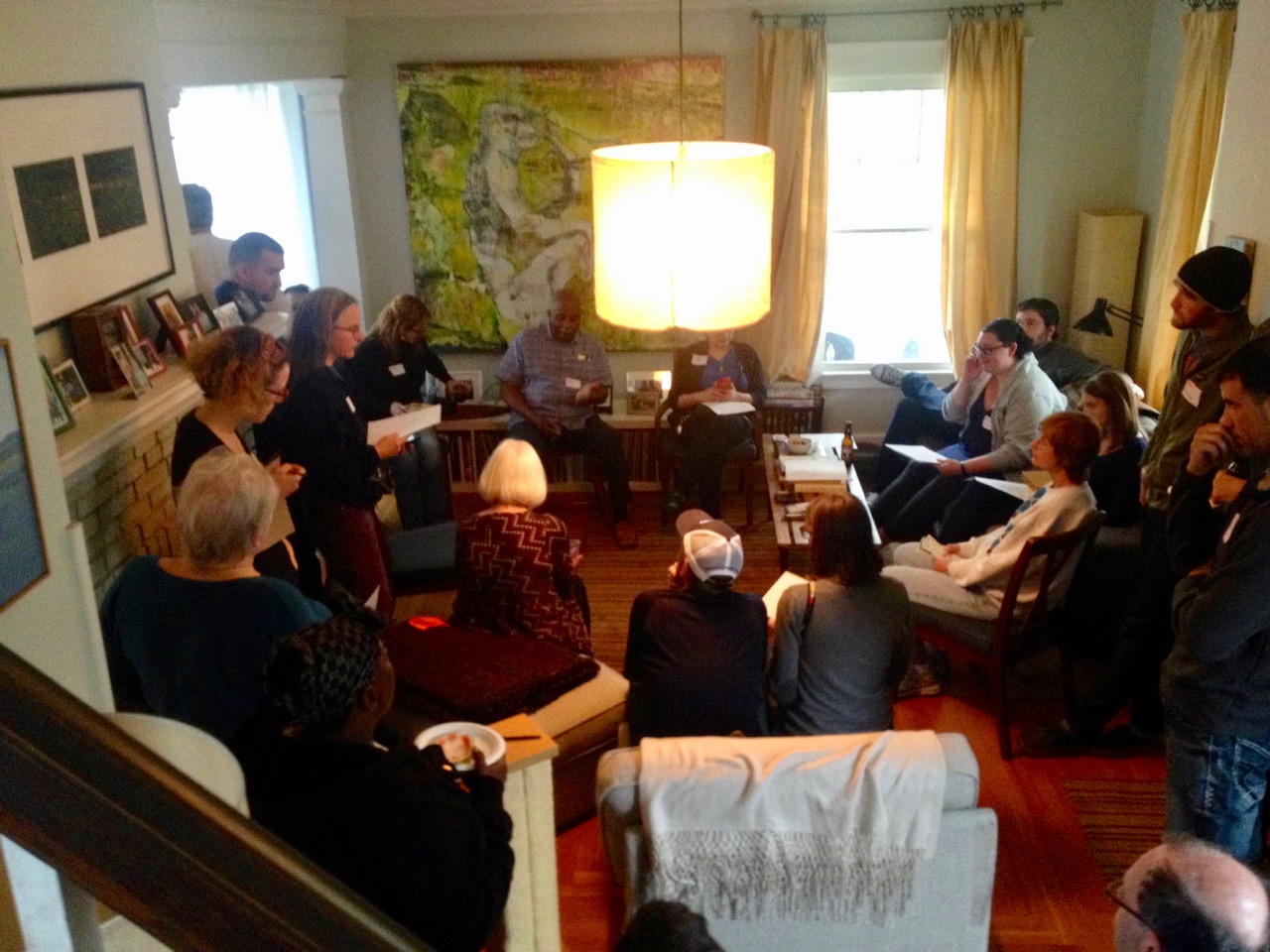
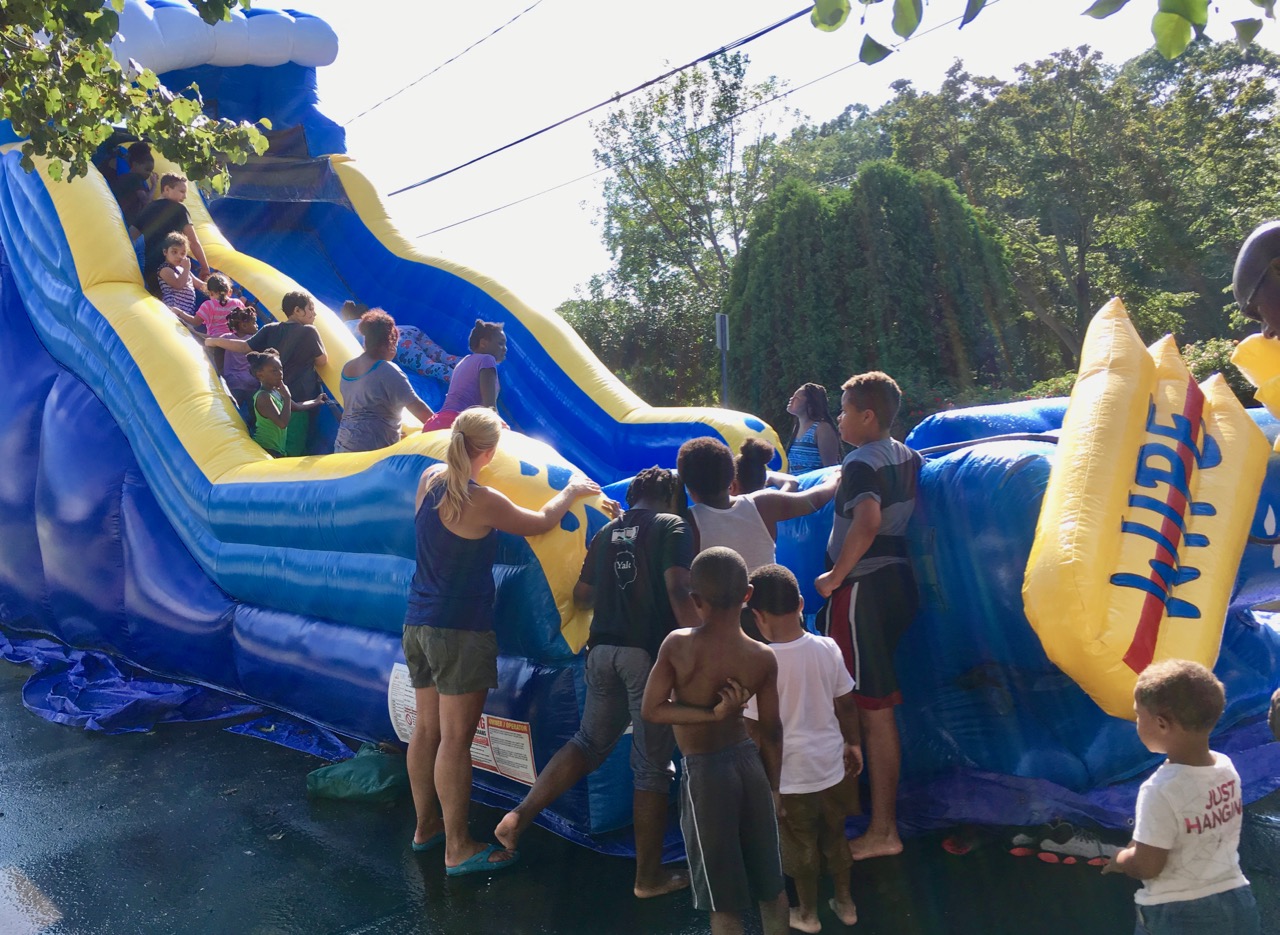
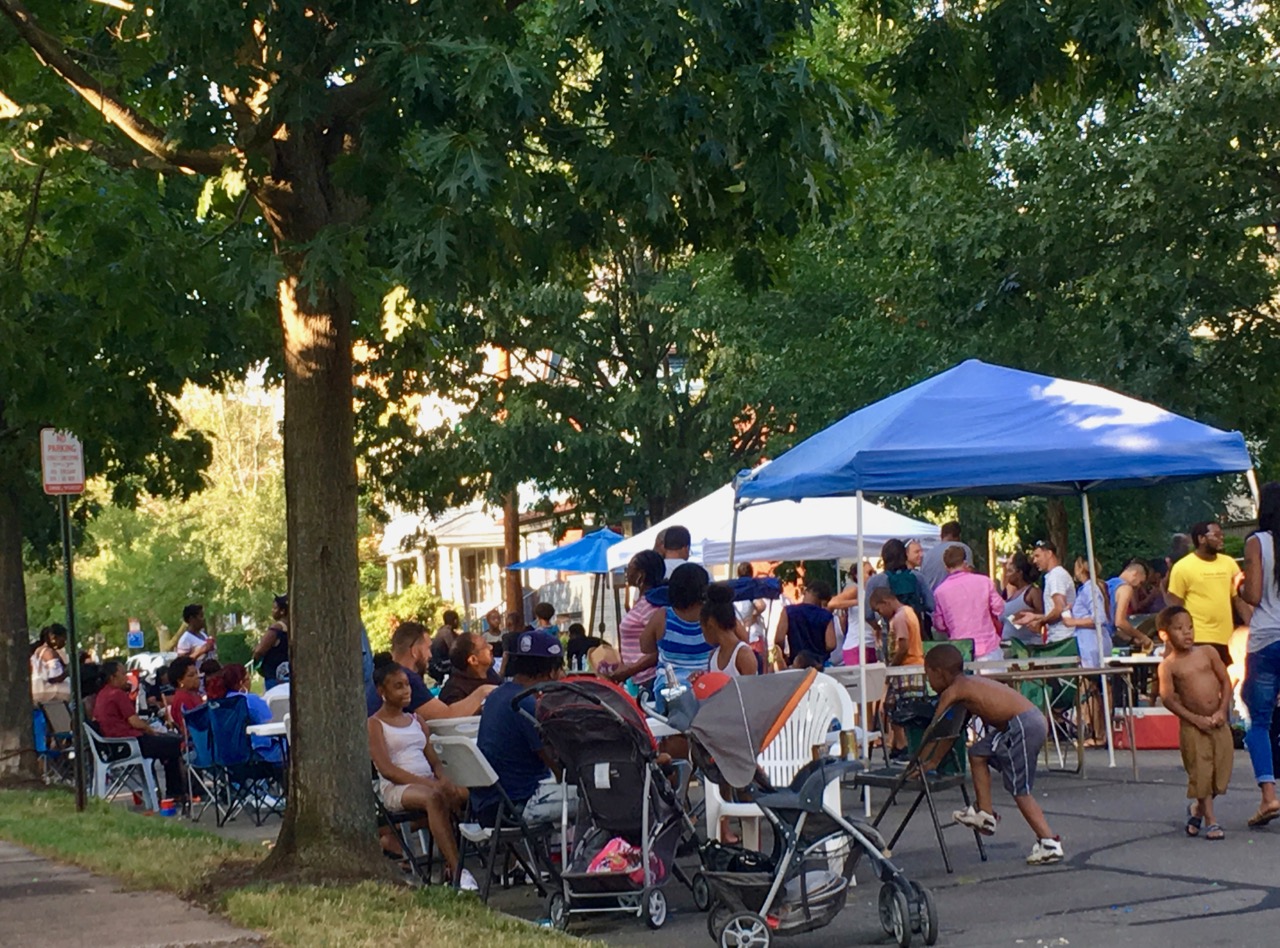

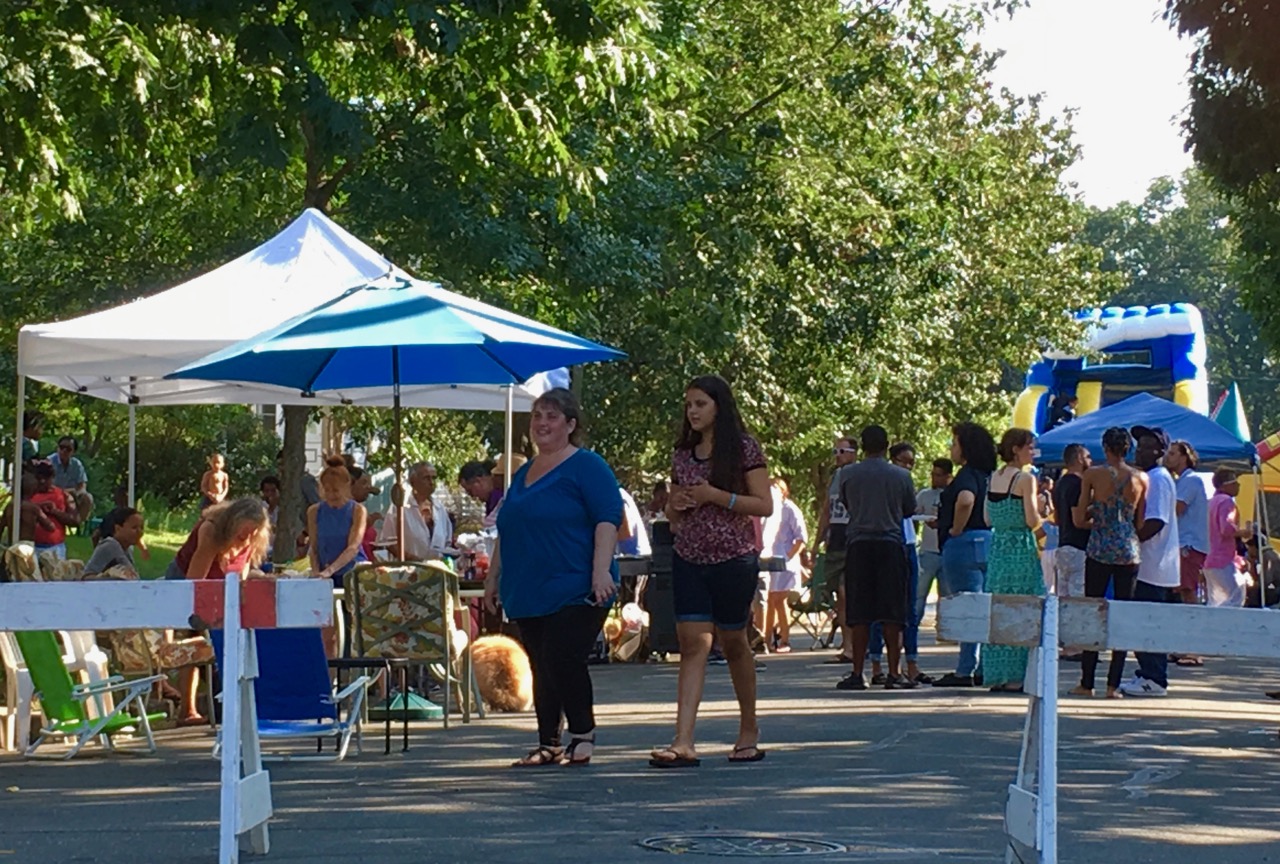
A community organizer
Social segregation and tension in cities always bothered Huân in his travels. That invisible line at block ends that separates people based on their race and economic. Working from home in his neighborhood next to Edgewood Park in New Haven arouses his community spirit.
New Haven is revitalizing and gentrifying. It is an opportunity to re-imagine an urban neighborhood. He works with like-minded neighbors to regenerate their community. They are blurring the lines that produce racial and economic tensions as seen across our country. Let neighbors be neighbors.
Photos. Neighbors talk, plan and play together.
An Earth citizen
Dr. Ngô worries for the future survival of humanity and biodiversity in the 21st Century. Huân starts and completes his learning phase of environmental issues (see My Journey). He develops ideas for local and global mission of passing on a safe world to future generations (see What’s Next).
